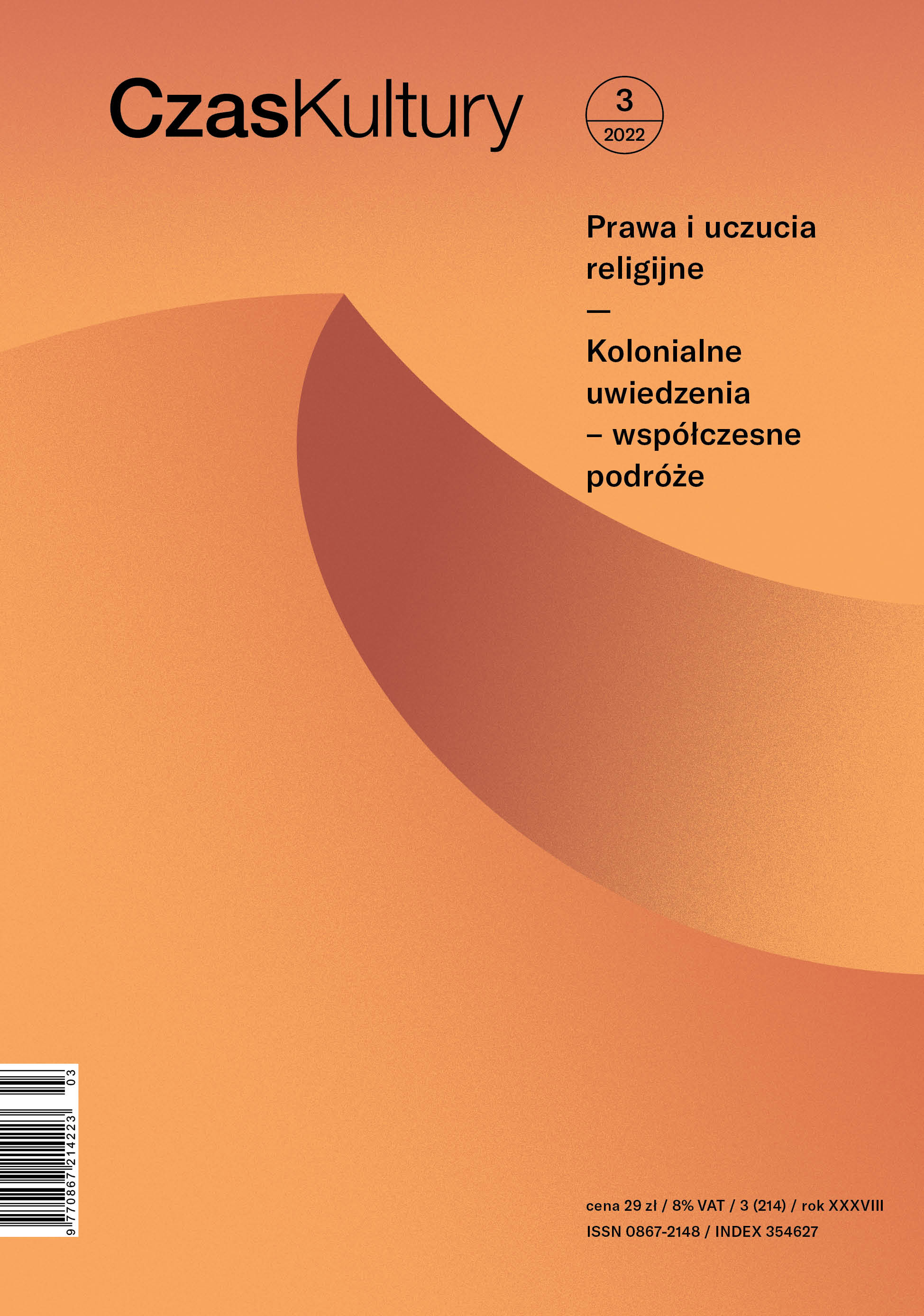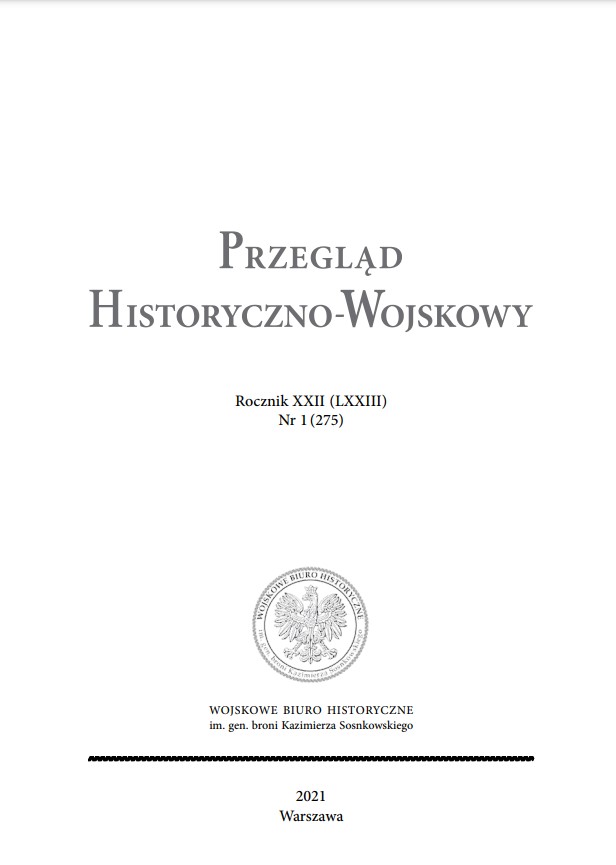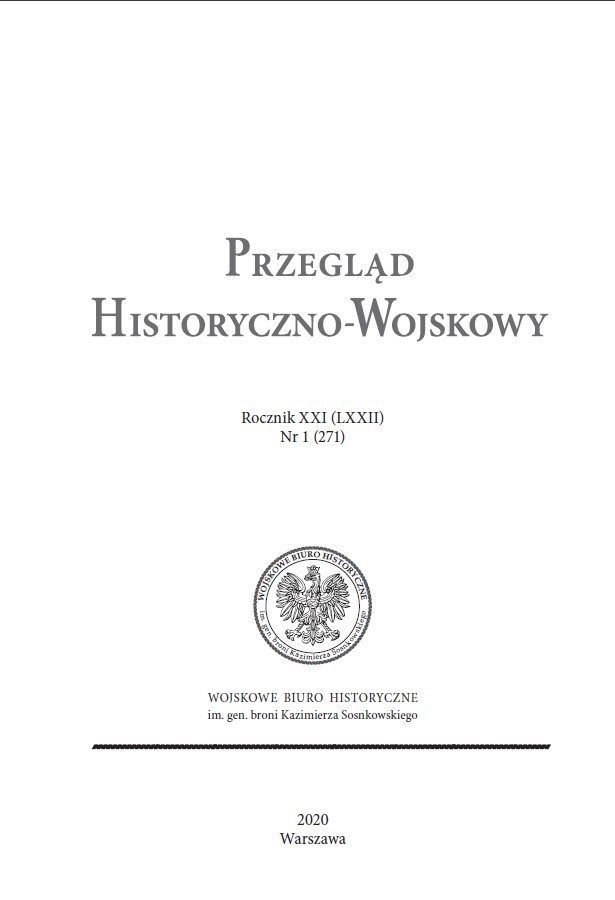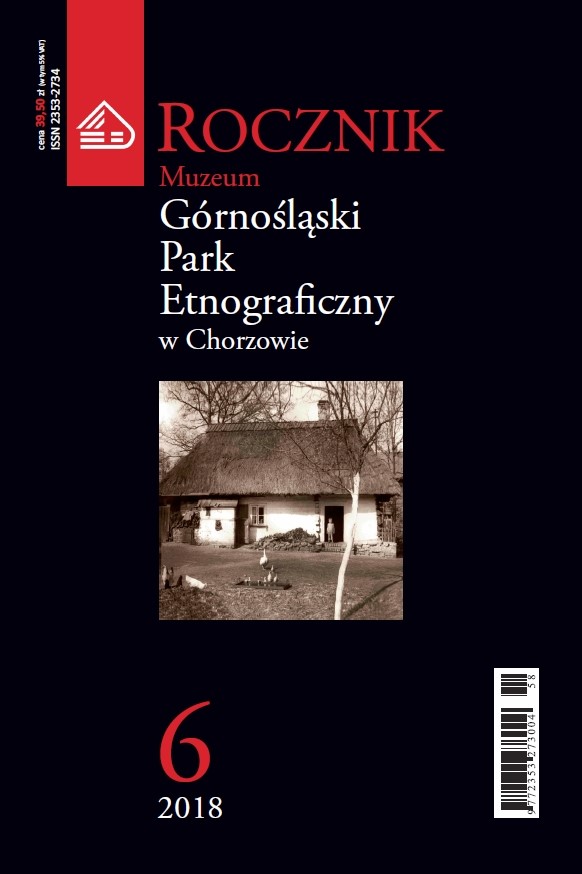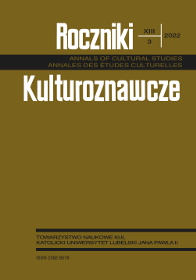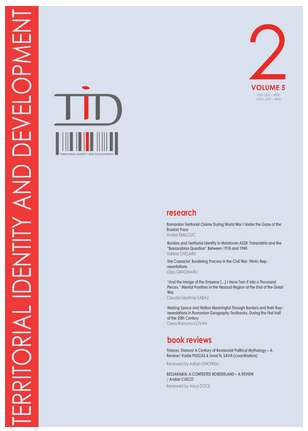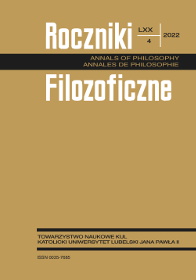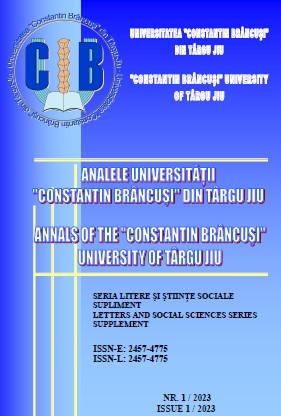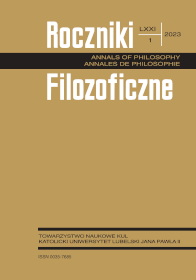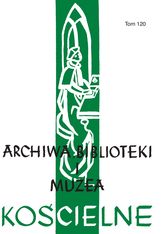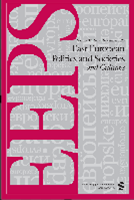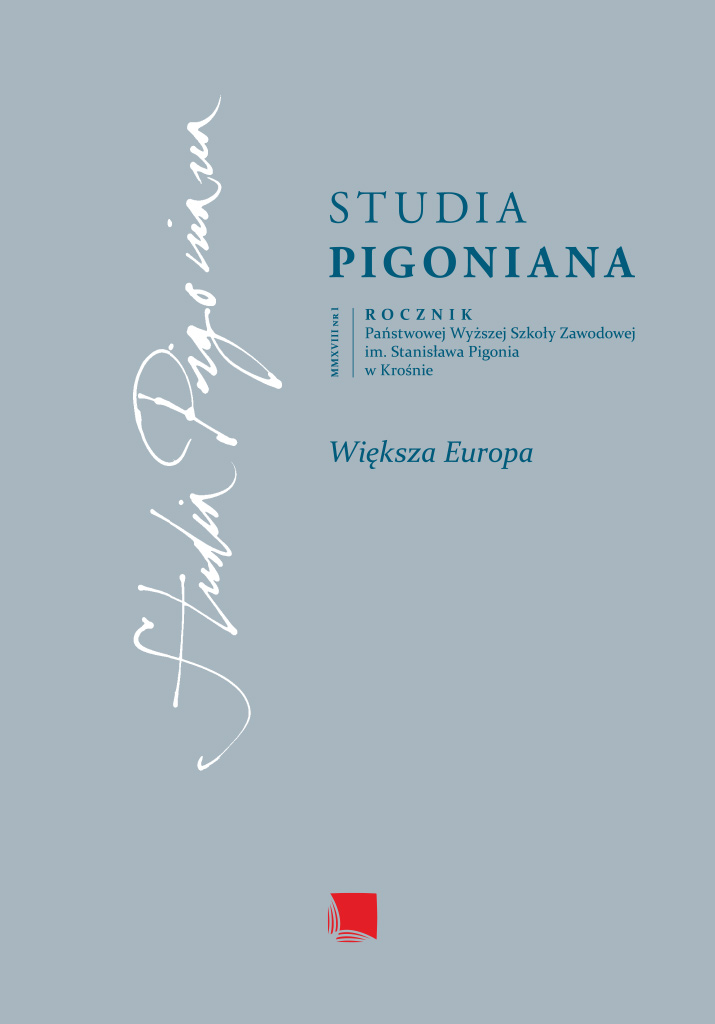
Język i liturgia słowiańska u zarania chrystianizacji Polski – dawne i nowsze fakty, hipotezy, dyskusje
This paper attempts to look synthetically at the current state of research concerning the contentious issue of the presence of Slavonic language and liturgy in the early period of the Christianization of the Polish lands. Most of the attention has been paid to philological and historical arguments which have been provided so far in the course of this discussion. The author has classified a variety of old and recent opinions and hypotheses concerning this topic into three categories of attitudes: confirming, negating, or referring to the issue by way of compromise. The final part of the paper deals with those attitudes which tend towards redirecting the discussion on the presence and range of Slavonic language and liturgy in Poland to a broader context of religious and cultural heritage of the mission carried out by Saints Cyril and Methodius, the Apostles of the Slavs.
More...
